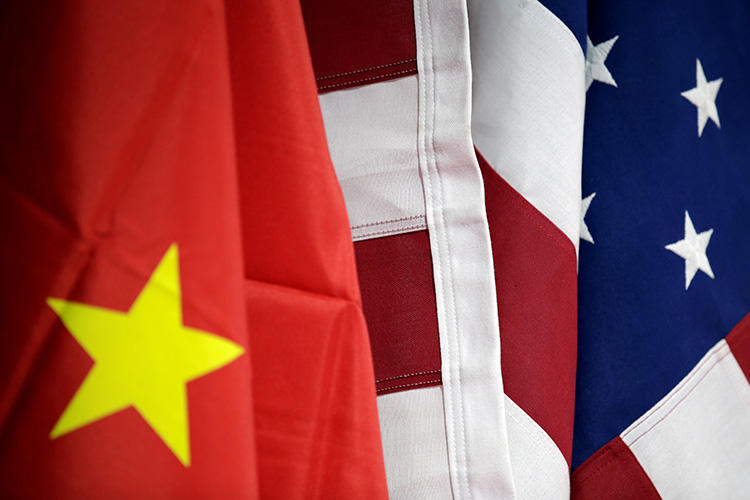The U.S. Department of State said in a statement on Monday that it would limit the number of visas available for Chinese journalists working at five designated media organizations. The outlets — Xinhua, CGTN, China Radio, China Daily, and The People’s Daily — will be limited to 100 visas in total. The announcement follows China’s decision on February 19 to expel three Wall Street Journal reporters, one day after the U.S. government reclassified the five outlets now subject to the visa cap as “foreign missions.”
Meanwhile, the Foreign Correspondents’ Club of China found in its annual report that “not one correspondent surveyed said reporting conditions in China improved – for the second consecutive year.” The report also found that Chinese authorities have weaponized visas against the foreign press by issuing truncated press credentials and expelling journalists by declining to renewal their credentials. Read the full report here.
On February 25, a Nigerian nongovernmental organization filed a lawsuit against the country’s communications regulator over security forces’ warrantless access to telecom subscribers’ information. CPJ’s reporting was referenced and submitted as evidence in the suit.
Global press freedom updates
- A Kashmir-based journalist wrote on Twitter on Wednesday morning that she was able to tweet from her desktop for the first time since the near-total communications blackout in August. CPJ continues to call for internet access to be fully restored immediately in the region
- CPJ welcomes conviction in murder of Mexican journalist Javier Valdez
- Hong Kong police arrest pro-democracy media founder Jimmy Lai over illegal assembly
- To cement internet control, Iran helps journalists get online
- Iranian authorities detain journalist Mohammad Mosaed again for social media posts
- Israeli police arrest Palestinian journalist Mujahed Muflih at checkpoint
- In Turkey, two journalists were detained for naming an intelligence officer killed in Libya. Separately, journalists covering refugee movements in Turkey were detained and jailed
- AFP photographer Ahmad al-Rubaye shot with pellets while covering protests in Baghdad
- Chechen blogger Tumso Abdurakhmanov assaulted and beaten with a hammer
- In Peru, journalist Daysi Lizeth Mina Huamán goes missing, and journalist Jimmy Castillo was assaulted by a local government employee
- Ugandan journalist Moses Bwayo charged with illegal assembly, held in prison
- Pakistan government suspends advertising in two independent media groups
- CPJ is working to secure safe passage and refuge for journalists stranded in Syria. For more on the impact of our work, sign up for the CPJ Insider newsletter here
Spotlight
